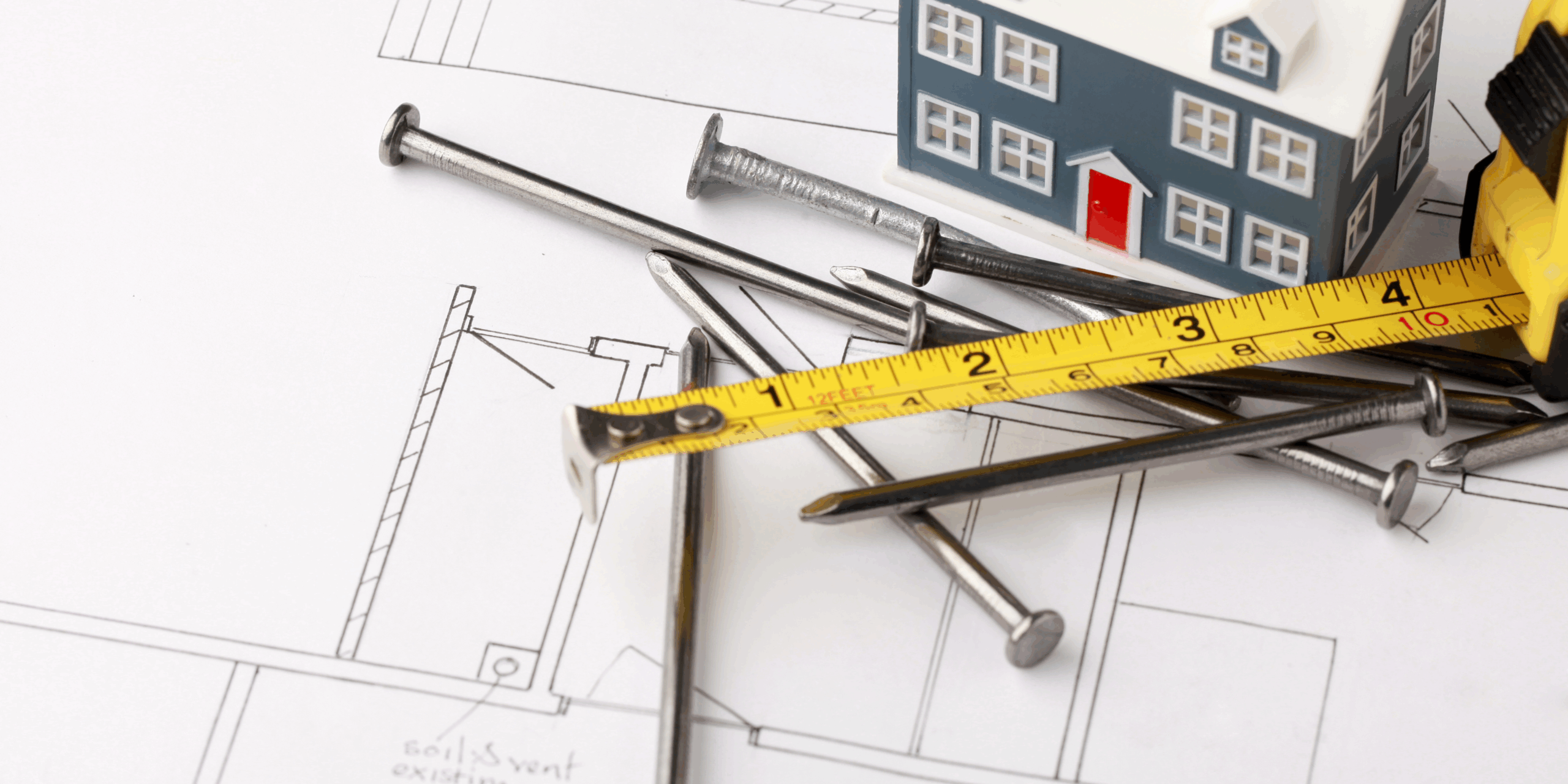

As a contractor, managing cash flow is critical to keeping your business running smoothly. Late payments can disrupt projects, strain relationships, and put your company’s financial health at risk. According to Rabbet’s 2024 Construction Payments Report, 82% of contractors face payment waits of over 30 days, up from 49% two years ago. Fortunately, North Carolina has laws in place to ensure you get paid on time. These “prompt payment” laws set clear deadlines and penalties for delayed payments on both private and public construction projects.
Understanding these rules is your best defense against payment issues. This guide breaks down North Carolina’s prompt payment laws, separating the requirements for private and public jobs. We will cover payment deadlines, interest on late payments, and practical steps you can take to protect your business.
| Aspect | Private Projects | Public Projects |
| Applies To | Commercial projects (excludes residential with ≤12 units) | Government buildings, schools, and state infrastructure |
| Governing Law | Chapter 22C | § 143-134.1 |
| Subcontractor Payment Deadline | 7 days after the contractor receives payment | 7 days after the prime contractor receives payment |
| Prime Contractor Payment Deadline | Based on contract terms | 45 days after project acceptance/completion/occupancy |
| Late Payment Interest Rate | 1% per month | 1% per month |
| Interest Starts | Day 8 after payment received | Day 8 for subs; Day 46 for prime contractors |
| Retainage Rules | Based on contract (no statutory limit) | No retainage on projects <$100K; Max 5% on projects >$100K |
| Pay-If-Paid Clauses | Unenforceable | Unenforceable |
Disclaimer: These are general guidelines. Always review your specific contract and consult with a construction attorney for your situation.
The regulations for private construction jobs in North Carolina are outlined in Chapter 22C of the General Statutes. These rules apply to most commercial projects, but it’s important to note they do not cover residential projects with 12 or fewer units.
A key principle of the NC prompt payment law is that a subcontractor’s right to payment is not dependent on the owner paying the prime contractor. Performance is what matters.
The law is clear: a “pay-if-paid” clause, which makes a subcontractor’s payment contingent on the owner paying the general contractor, is unenforceable in North Carolina. If you do the work, you are entitled to be paid for it.
What happens if a payment is late? The law provides a financial penalty to encourage timely payment.
This interest is automatic. You don’t need a special clause in your contract to be entitled to it; the law grants you this right.
While the law protects your right to be paid, it also allows contractors to withhold payment under specific, justifiable circumstances. According to § 22C-4, a contractor can withhold payment from a subcontractor for valid reasons, including:
Contractors must act reasonably and cannot withhold funds without a legitimate cause related to performance or financial risk.
Public construction projects, such as schools, government buildings, and state-funded infrastructure, follow a different set of rules found in § 143-134.1. These regulations are often more detailed, especially regarding retainage.
The timelines for public projects are slightly different, with specific deadlines for both prime contractors and subcontractors.
The penalties for late payments on public jobs are similar to those for private ones, applying to both prime contractors and subcontractors.
One of the biggest differences between public and private projects involves retainage—the practice of withholding a percentage of payment until the project is complete.
Similar to private projects, both owners and prime contractors on public jobs can withhold payment for legitimate reasons. These include:
An owner can withhold funds from a prime contractor, and a prime contractor can withhold funds from a subcontractor for these reasons. The goal is to protect all parties from non-performance, not to unfairly delay payment for completed work.
North Carolina’s 7-day payment rule requires contractors and subcontractors to pay their subcontractors within seven days of receiving payment themselves. This applies to both periodic payments during the project and final payments. If payment is not made within this window, the unpaid amount automatically begins accruing interest at 1% per month starting on the eighth day.
No, pay-if-paid clauses are unenforceable in North Carolina for construction contracts. Under Chapter 22C, a subcontractor’s right to payment is based on their performance of the work, not on whether the owner has paid the general contractor. If you complete your work according to the contract terms, you are entitled to payment regardless of upstream payment issues.
North Carolina law entitles you to charge 1% per month (or fraction thereof) on late payments. For subcontractors on both private and public projects, interest begins accruing on the eighth day after the contractor receives payment. For prime contractors on public projects, interest on final payments begins accruing on the 46th day after project acceptance. This interest is automatic and doesn’t require a special contract provision.
Retainage rules vary by project size on public construction jobs:
North Carolina’s prompt payment laws under Chapter 22C apply to most commercial construction projects but do not cover residential projects with 12 or fewer units. Single-family homes and small residential developments are excluded from these specific prompt payment protections. However, contractors on residential projects may still have other legal remedies available, including mechanics’ lien rights.
Prompt payment laws and mechanics lien rights are two separate legal protections:
Prompt Payment Laws establish deadlines for when payments must be made and impose interest penalties for delays. They focus on the timing of payment and apply automatically to covered projects.
Mechanics’ Lien Rights allow you to place a claim against the property itself if you’re not paid for materials or labor. This is a security interest that can lead to foreclosure if necessary. Mechanics’ liens require specific notice procedures and strict deadlines.
Both tools can be used together to protect your right to payment.
While North Carolina’s prompt payment laws automatically entitle you to interest on late payments, it’s important to act promptly. Send a formal written notice as soon as payment becomes late, stating the amount owed, when it was due, and your intent to charge the statutory interest. Keep detailed records of all payment dates, amounts, and communications. While the statute of limitations for contract claims in North Carolina is generally three years, waiting too long can complicate collection efforts and may affect your other legal remedies.
If payment is late, take these steps:
Taking immediate action protects your rights and creates a clear record if legal action
Knowing the law is the first step. The next step is putting that knowledge into practice to protect your cash flow.
By understanding your rights and taking proactive steps to manage your contracts and documentation, you can use North Carolina’s prompt payment laws to ensure you get paid fairly and on time.
To learn more or to discuss your specific case, contact the Cromeens Law Firm.
Use this checklist before starting any construction project to protect your payment rights:
Karalynn Cromeens is the Owner and Managing Partner of The Cromeens Law Firm, PLLC, with over 17 years of experience in construction, real estate, and business law. A published author and passionate advocate for contractors, she has dedicated her career to protecting the businesses her clients have built. Karalynn is on a mission to educate subcontractors on their legal rights, which inspired her books Quit Getting Screwed and Quit Getting Stiffed, as well as her podcast and The Subcontractor Institute.

